In Kelowna, June is recognized as Pride Month—a time to celebrate love, diversity, and inclusivity. UBC Okanagan Library has curated a list that features books from diverse authors with a focus on amplifying 2SLGBTQIA+ identities, experiences, and perspectives. Check out the display and borrow a book to expand your understanding and celebrate our 2SLGBTQIA+ community.
There are many opportunities to celebrate Pride Month through events in the community and on campus. Learn more about Kelowna Pride Month and UBC Pride.
Featured selections:
Fiction
After Sappho : a novel by Selby Wynn Schwartz
Dandelion daughter : a novel by Gabrielle Boulianne-Tremblay and translated from the French by Eli Tareq El Bechelany-Lynch
Detransition, baby : a novel by Torrey Peters
My government means to kill me by Rasheed Newson
Rainbow rainbow : stories by Lydia Conklin
The late Americans by Brandon Taylor
The prophets : a novel by Robert Jones, Jr.
Simon vs. the Homo Sapiens agenda by Becky Albertalli
Call me by your name by André Aciman
Her body and other parties : stories by Carmen Maria Machado
Jonny Appleseed : a novel by Joshua Whitehead
Young Mungo: a novel by Douglas Stuart
I will greet the sun again : a novel by Khashayar J. Khabushani
Perfect little angels : stories by Vincent Anioke
The skin and its girl : a novel by Sarah Cypher
Giovanni’s room by James Baldwin
You exist too much : a novel by Zaina Arafat
Under the udala trees by Chinelo Okparanta
The sleeping car porter by Suzette Mayr
Tales of the city by Armistead Maupin
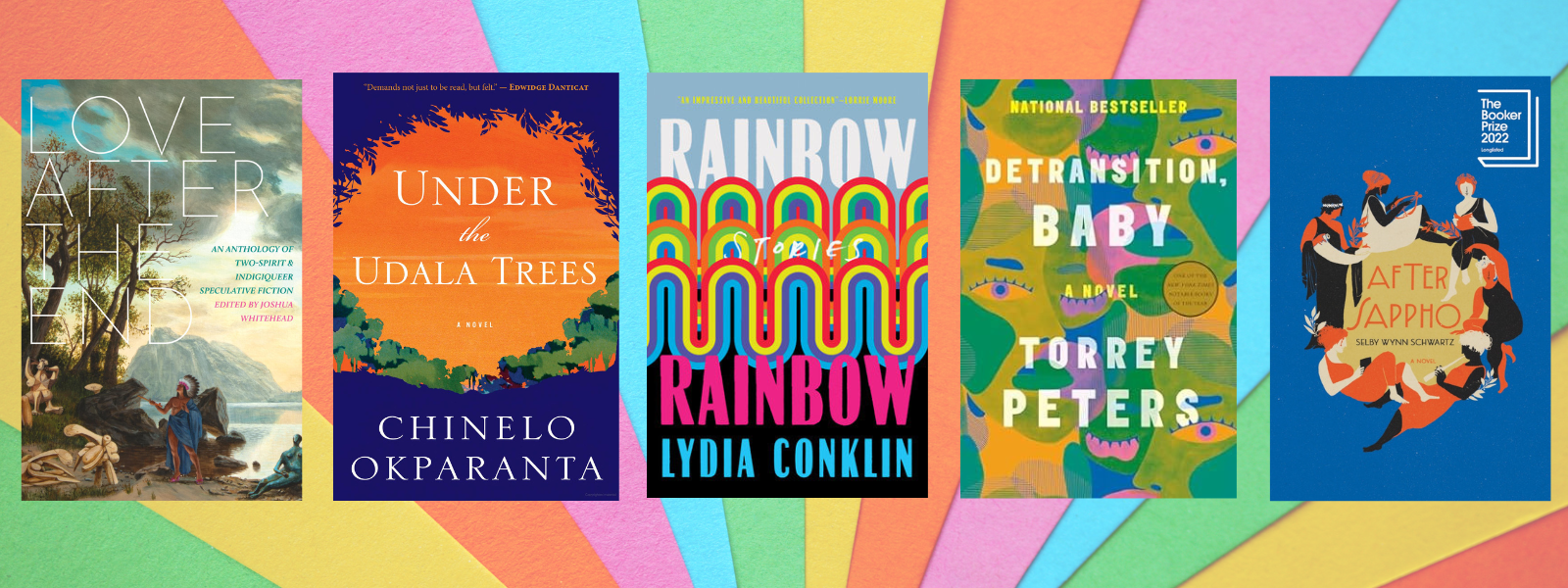
Anthologies:
Queer voices : poetry, prose, and pride edited by Andrea Jenkins, John Medeiros, and Lisa Marie Brimmer
Love after the end : an anthology of Two-spirit & Indigiqueer speculative fiction edited by Joshua Whitehead
Gender euphoria : stories of joy from trans, non-binary and intersex writers edited by Laura Kate Dale
Piece of my heart : a lesbian of colour anthology anthologized by Makeda Silvera
Poetry:
Gay girl prayers by Emily Austin
If they come for us : poems by Fatimah Asghar
Dream of the divided field : poems by Yanyi
You are enough : love poems for the end of the world by Smokii Sumac
There are trans people here by H. Melt
Queers like me : poems by Michael V. Smith
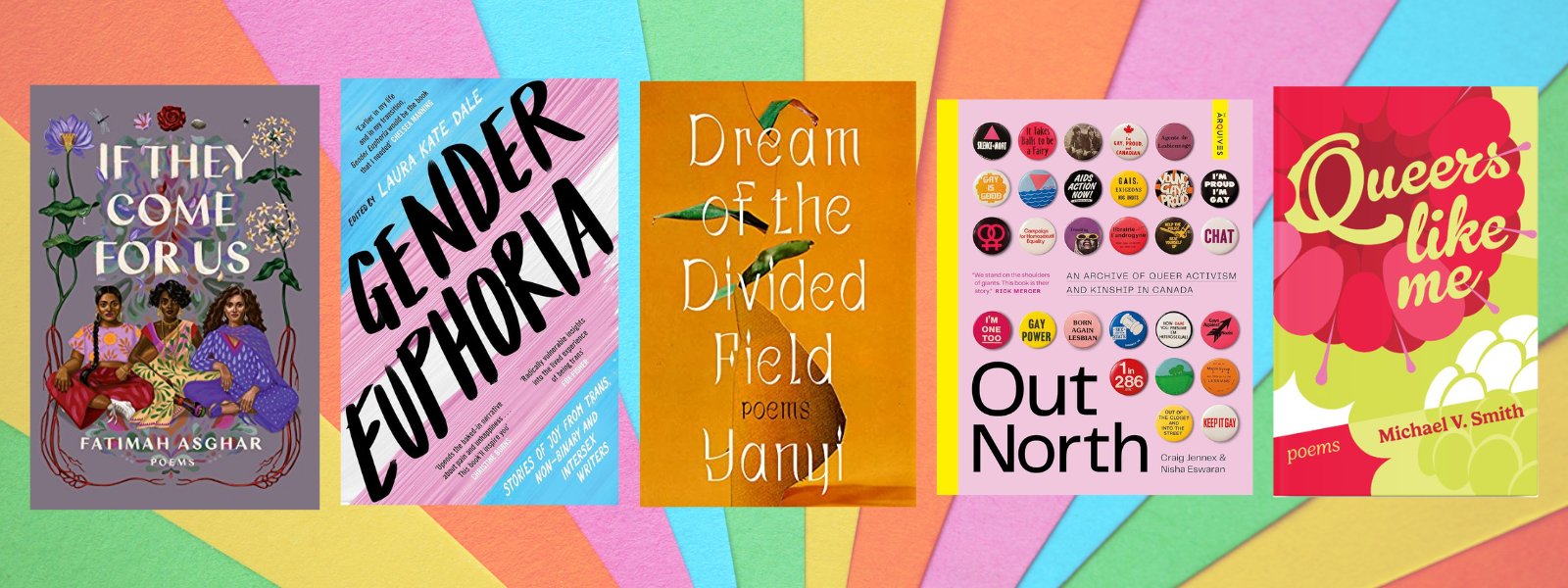
Non-fiction:
How to they/them : a visual guide to nonbinary pronouns and the world of gender fluidity by Stuart Getty; illustrations by Brooke Thyng
Girlhood : essays by Melissa Febos with illustrations by Forsyth Harmon
Becoming Nicole : the transformation of an American family by Amy Ellis Nutt
All the people photos by Bernd Ott; text by Emily Besa; design by Edgar Hoffman
Pride : the story of Harvey Milk and the Rainbow Flag written by Rob Sanders; illustrated by Steven Salerno
I’m afraid of men by Vivek Shraya
In their shoes : navigating non-binary life by Jamie Windust
Indigiqueerness : a conversation about storytelling by Joshua Whitehead in dialogue with Angie Abdou
Marvellous grounds : queer of colour histories of Toronto edited by Jin Haritaworn, Ghaida Moussa, and Syrus Marcus Ware
Out north : an archive of queer activism and kinship in Canada by Craig Jennex and Nisha Eswaran
Prairie fairies : a history of queer communities and people in western Canada, 1930-1985 by Valerie J. Korinek
Queer : a graphic history by Meg-John Barker; Julia Scheele
Queer girls, temporality and screen media : not just a phase by Whitney Monaghan
Lesbian Love Story: A Memoir in Archives by Amelia Possanza
This Arab is Queer: An Anthology by LGBTQ+ Arab Writers by Elias Jahshan
Queer horror film and television : sexuality and masculinity at the margins by Darren Elliott-Smith
Queer times, black futures by Kara Keeling
Tomboy survival guide by Ivan Coyote
Ugly differences : queer female sexuality in the underground by Yetta Howard
The life of Langston Hughes by Arnold Rampersad
Reclaiming two-spirits : sexuality, spiritual renewal, & sovereignty in Native America by Gregory D. Smithers; foreword by Raven E. Heavy Runner
Sister outsider : essays and speeches by Audre Lorde
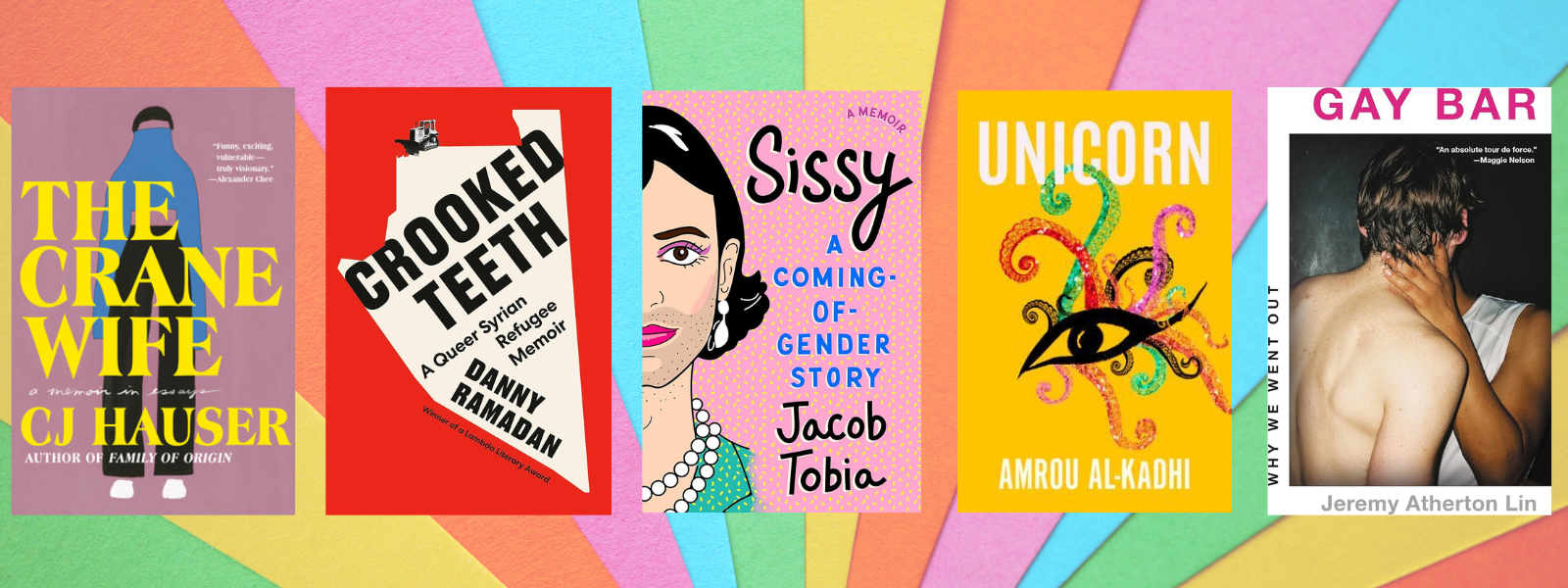
Memoirs:
All boys aren’t blue : a memoir-manifesto by George M. Johnson
Crooked teeth : a queer Syrian refugee memoir by Danny Ramadan
Everything I learned, I learned in a Chinese restaurant : a memoir by Curtis Chin
Horse Barbie : a memoir by Geena Rocero
I’m so glad we had this time together : a memoir by Maurice Vellekoop
My autobiography of Carson McCullers a memoir by Jenn Shapland
Sissy : a coming-of-gender story by Jacob Tobia
The crane wife : a memoir in essays by CJ Hauser
A history of my brief body by Billy-Ray Belcourt
Angry queer Somali boy : a complicated memoir by Mohamed Abdulkarim Ali
Fierce femmes and notorious liars : a dangerous trans girl’s confabulous memoir by Kai Cheng Thom
Fine : a comic about gender by Rhea Ewing
Gay bar : why we went out by Jeremy Lin Atherton
Gender queer : a memoir by Maia Kobabe; colors by Phoebe Kobabe
Hijab butch blues : a memoir by Lamya H
How to live free in a dangerous world : a decolonial memoir by Shayla Lawson
I was better last night : a memoir by Harvey Fierstein
Unicorn : the memoir of a Muslim drag queen by Amrou Al-Kadhi
We have always been here : a queer Muslim memoir by Samra Habib
The argonauts by Maggie Nelson
My Body is Yours by Michael V. Smith
Films:
Kate Bornstein is a queer & pleasant danger Moving Train Media presents a film by Sam Feder
We exist a Flannel Projects film; directed by Andrew Seger; written & narrated by Lauren Lubin; produced by Lauren Lubin
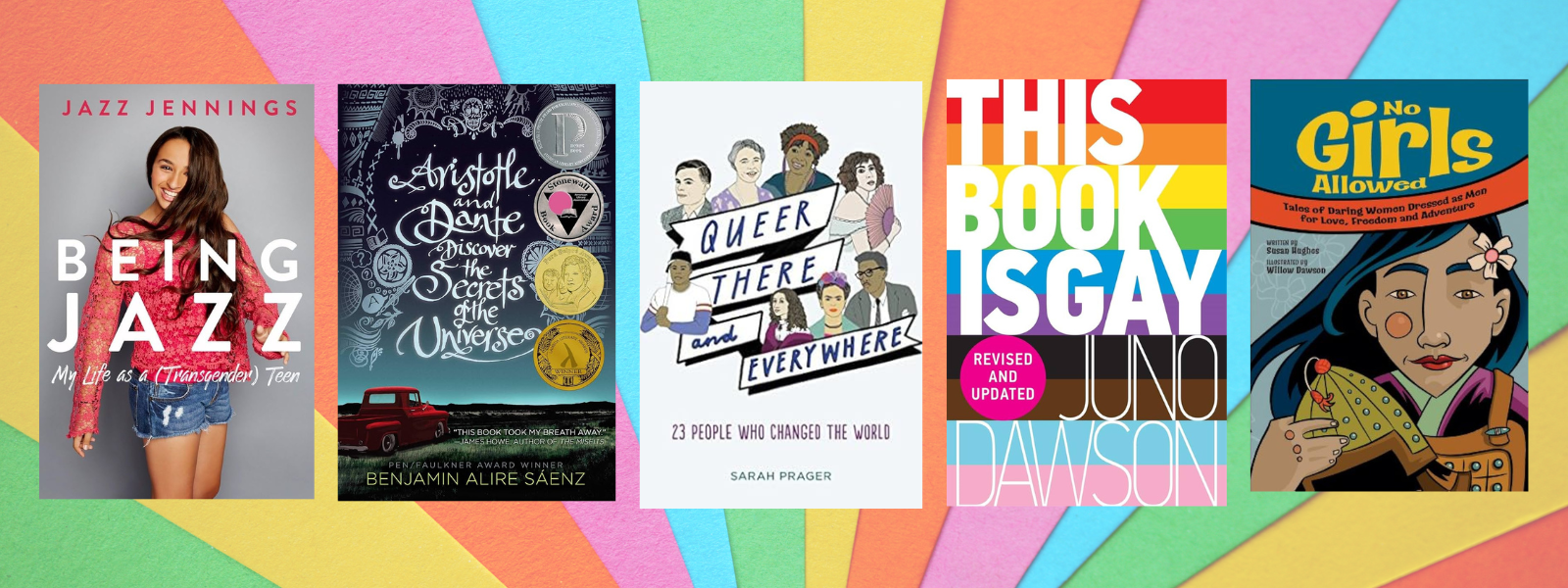
Young readers:
Last night at the Telegraph Club by Malinda Lo
Being Jazz : my life as a (transgender) teen by Jazz Jennings
Queer, there, and everywhere : 23 people who changed the world by Sarah Prager with illustrations by Zoë More O’Ferrall
This book is gay written by James Dawson and illustrated by Spike Gerrell ; introduction by David Levithan
Aristotle and Dante discover the secrets of the universe by Benjamin Alire Sáenz
Julián is a mermaid by Jessica Love
Rainbow : a first book of pride by Michael Genhart, PhD ; illustrated by Anne Passchier
Beyond the gender binary by Alok Vaid-Menon
No girls allowed : tales of daring women dressed as men for love, freedom and adventure written by Susan Hughes ; illustrated by Willow Dawson
Looking for a book that is not within the UBC Library collection? Let us know!
Suggest a book
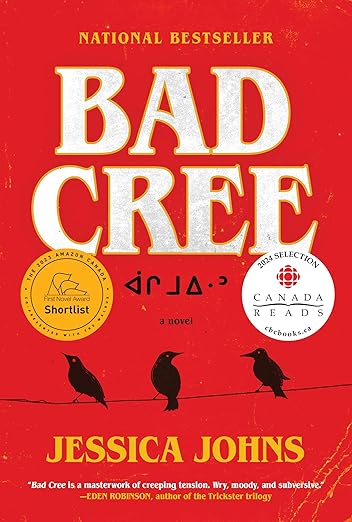
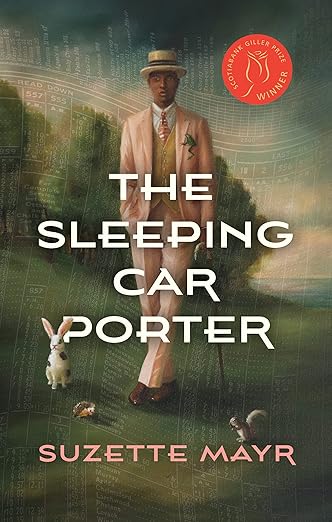
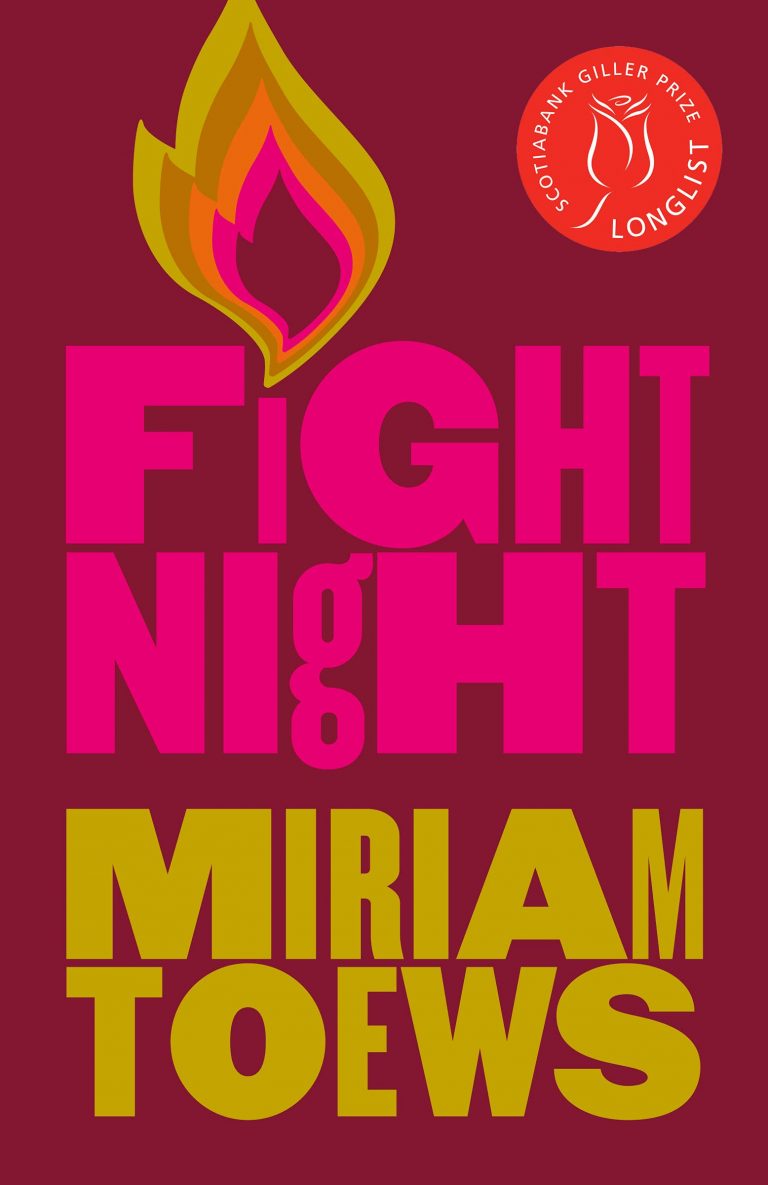
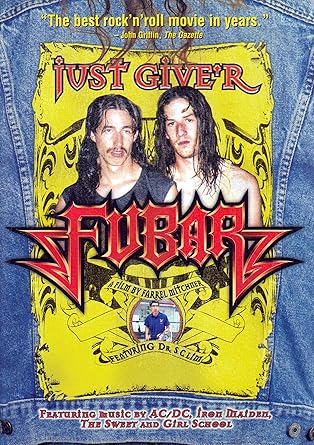
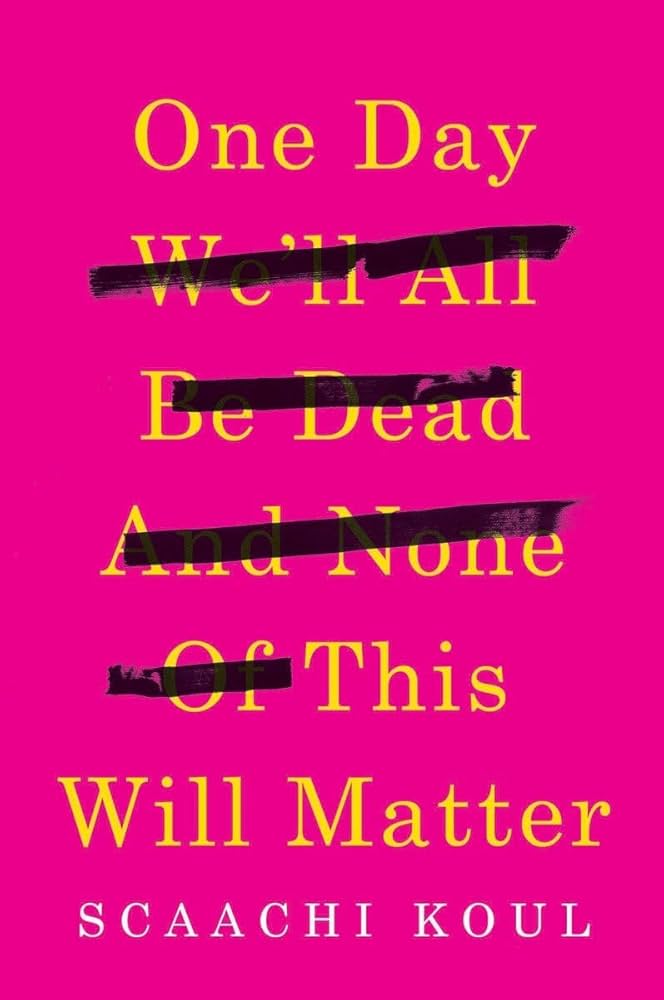
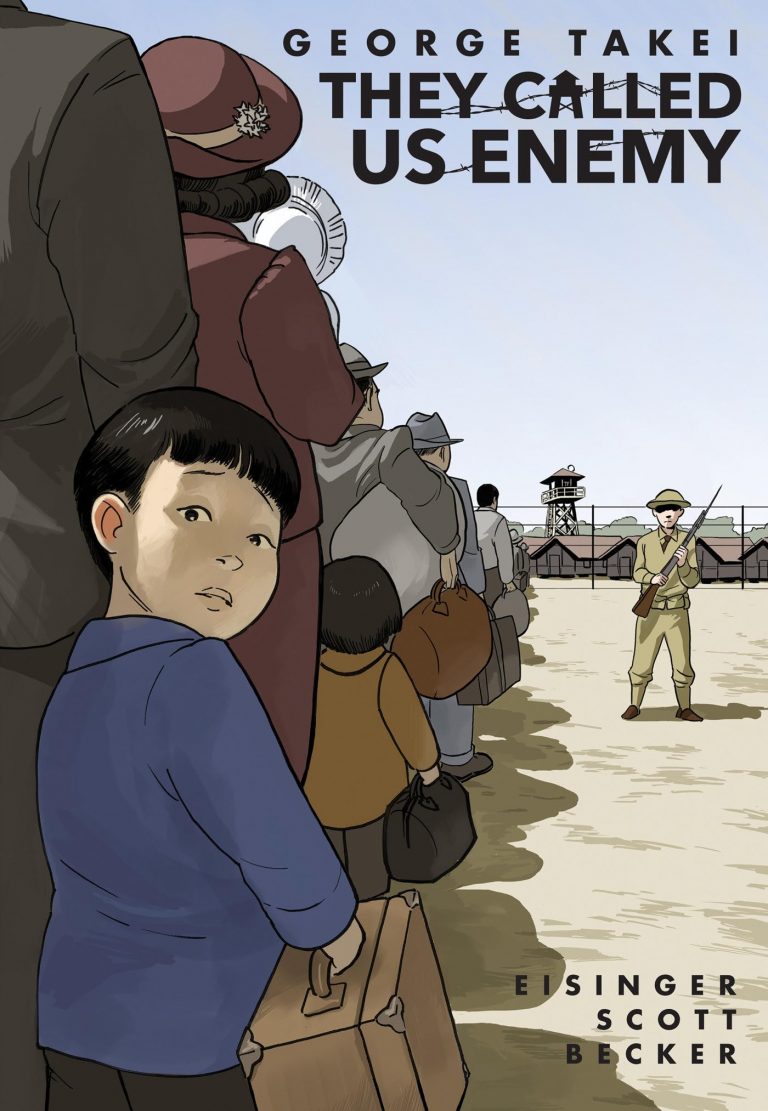

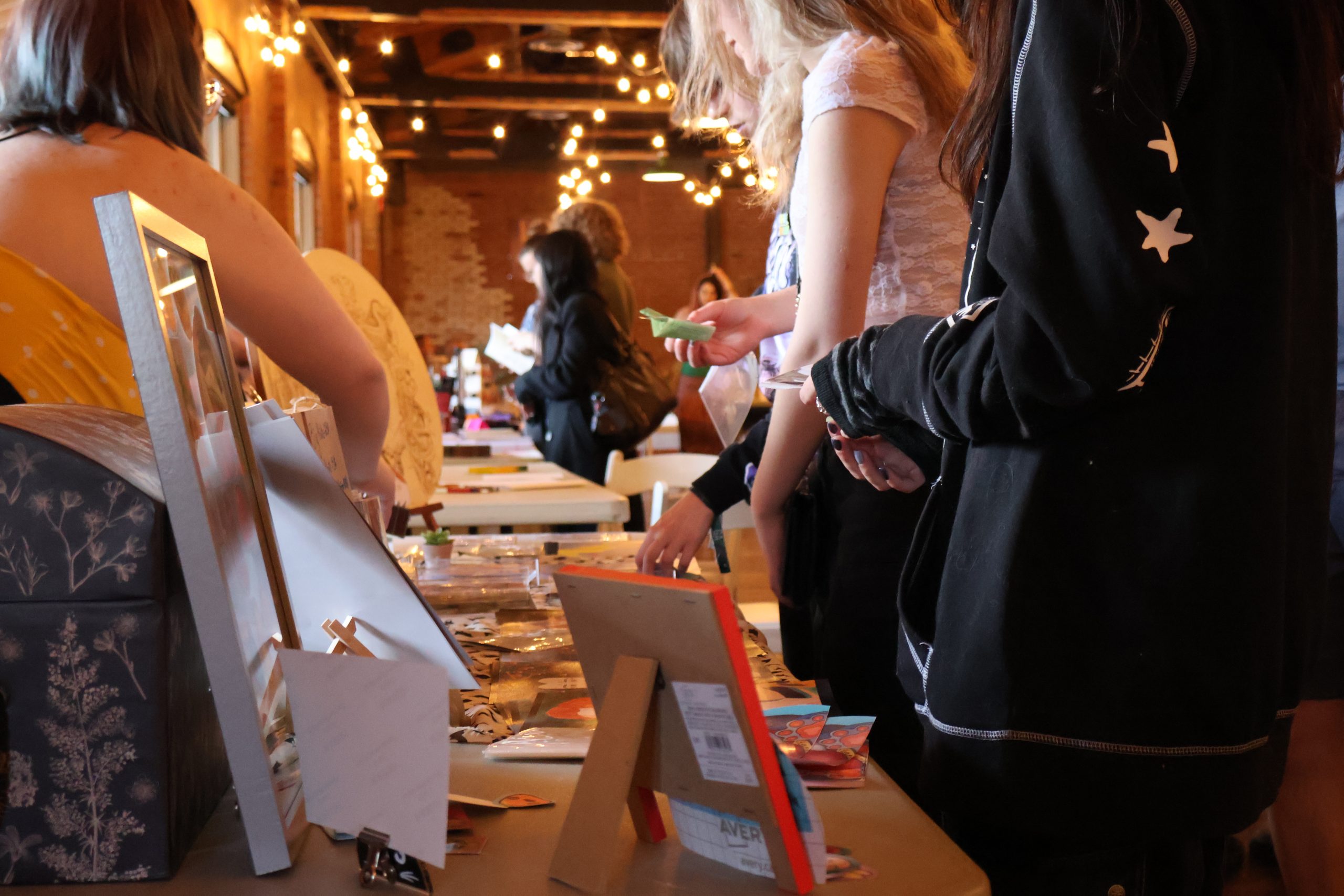
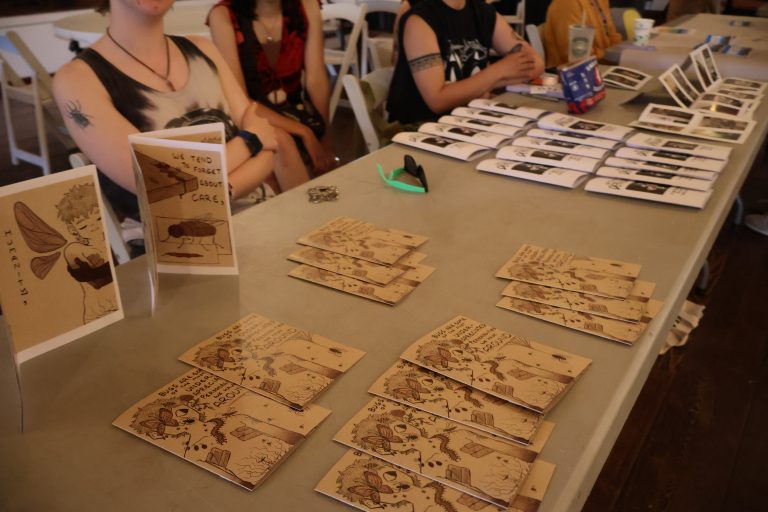
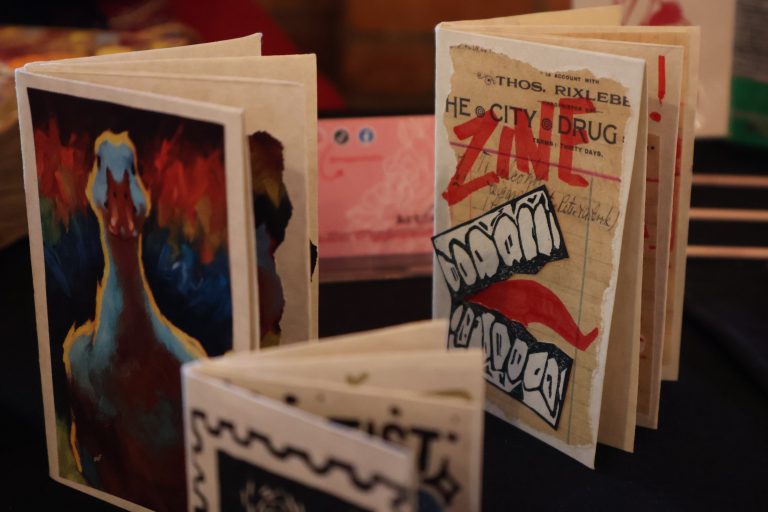
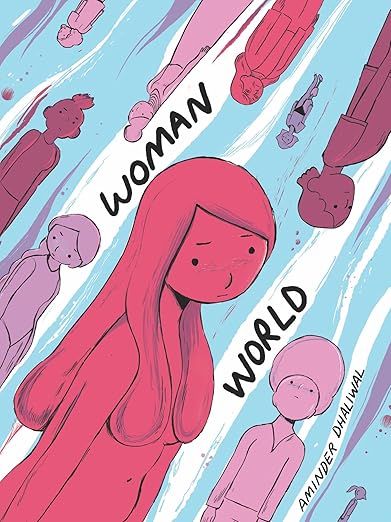
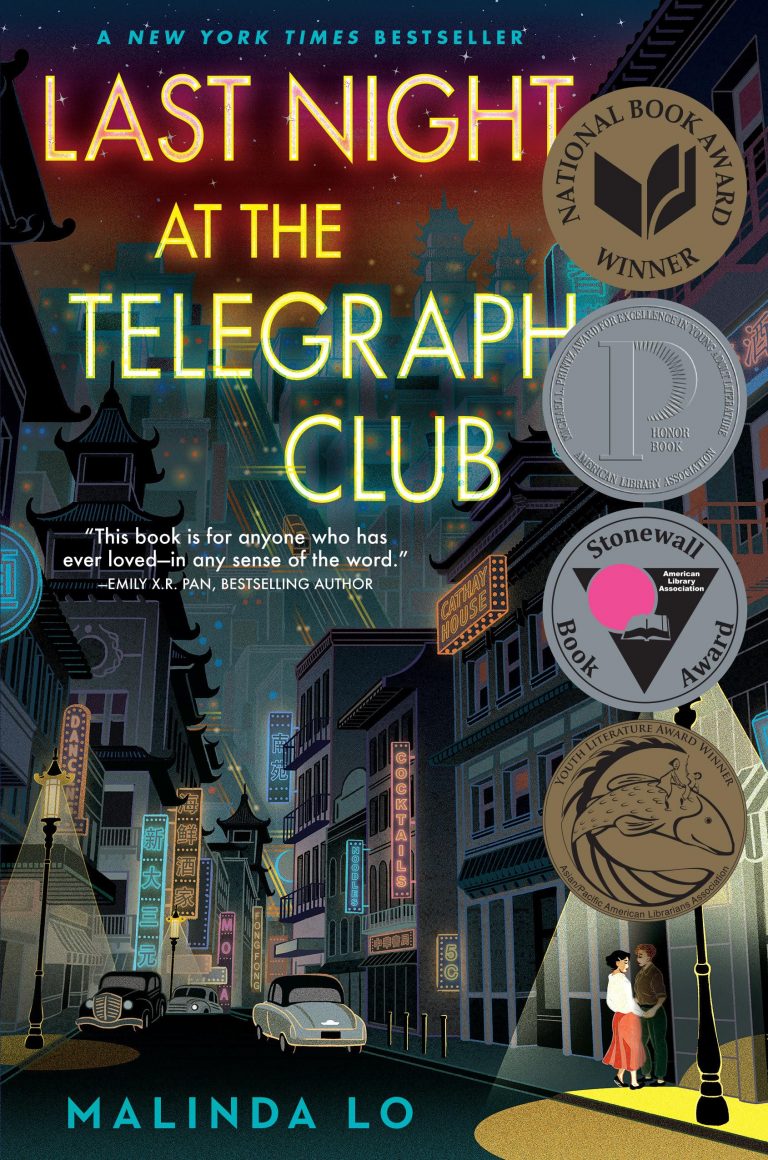
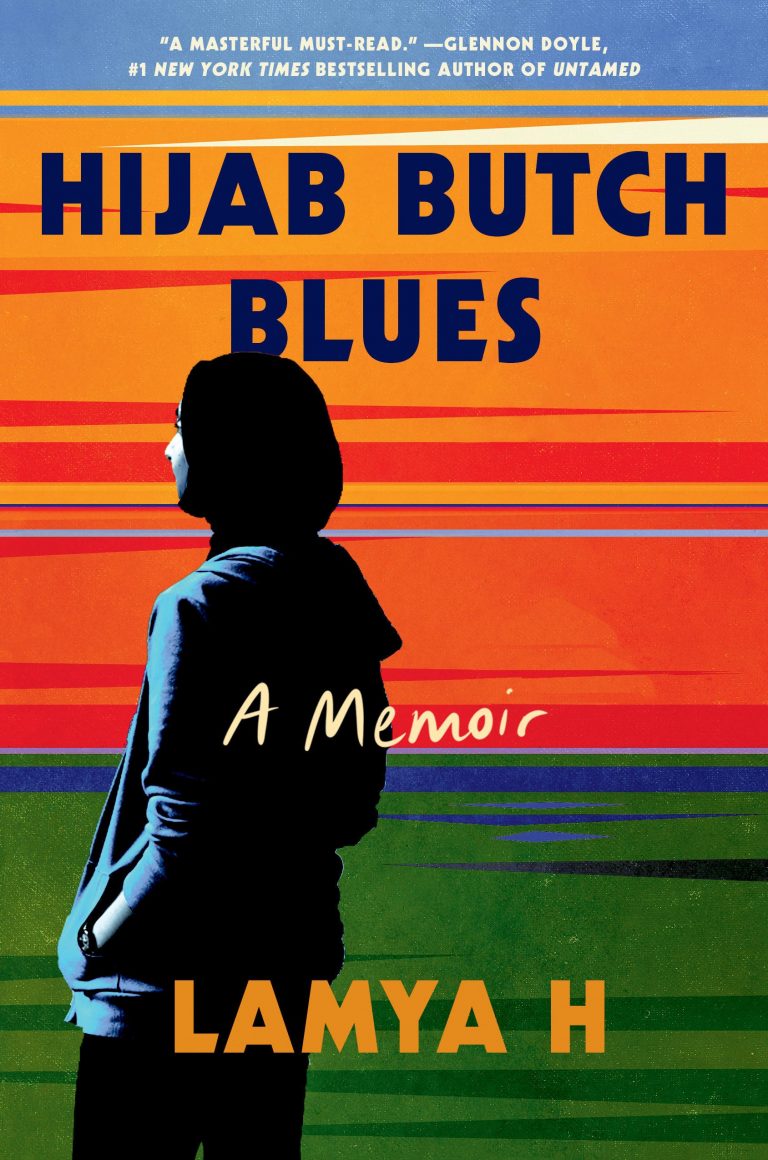
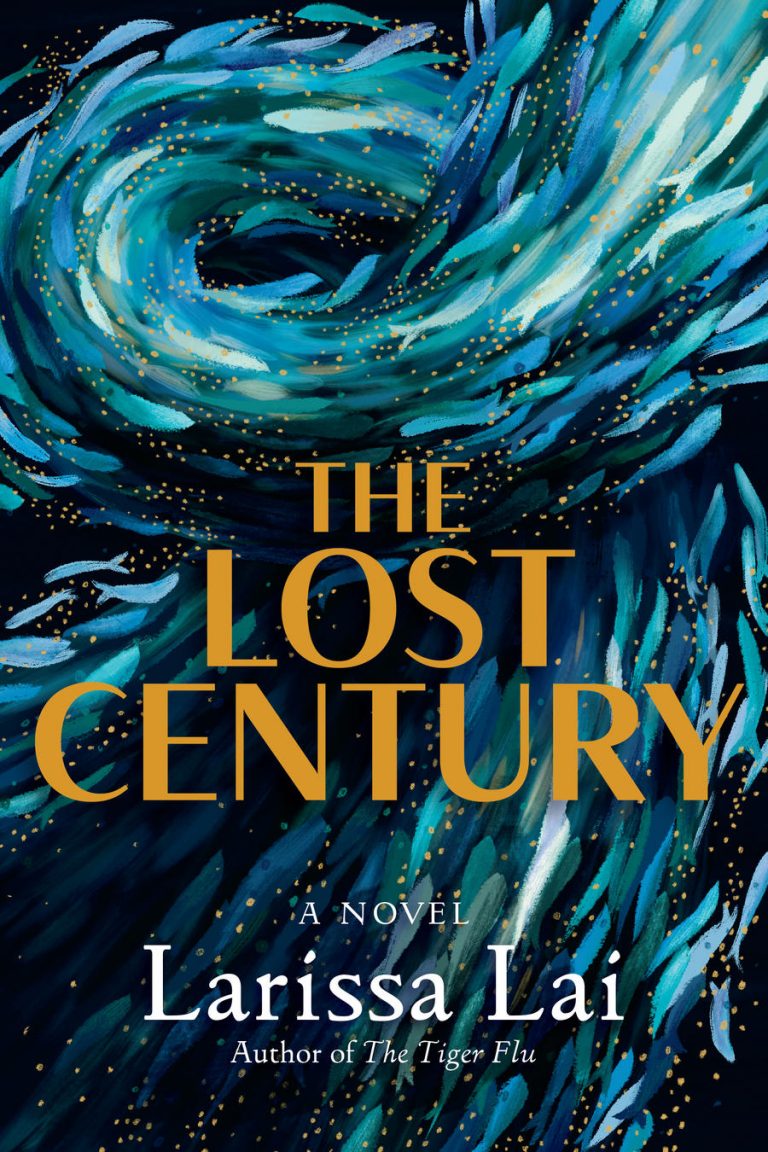
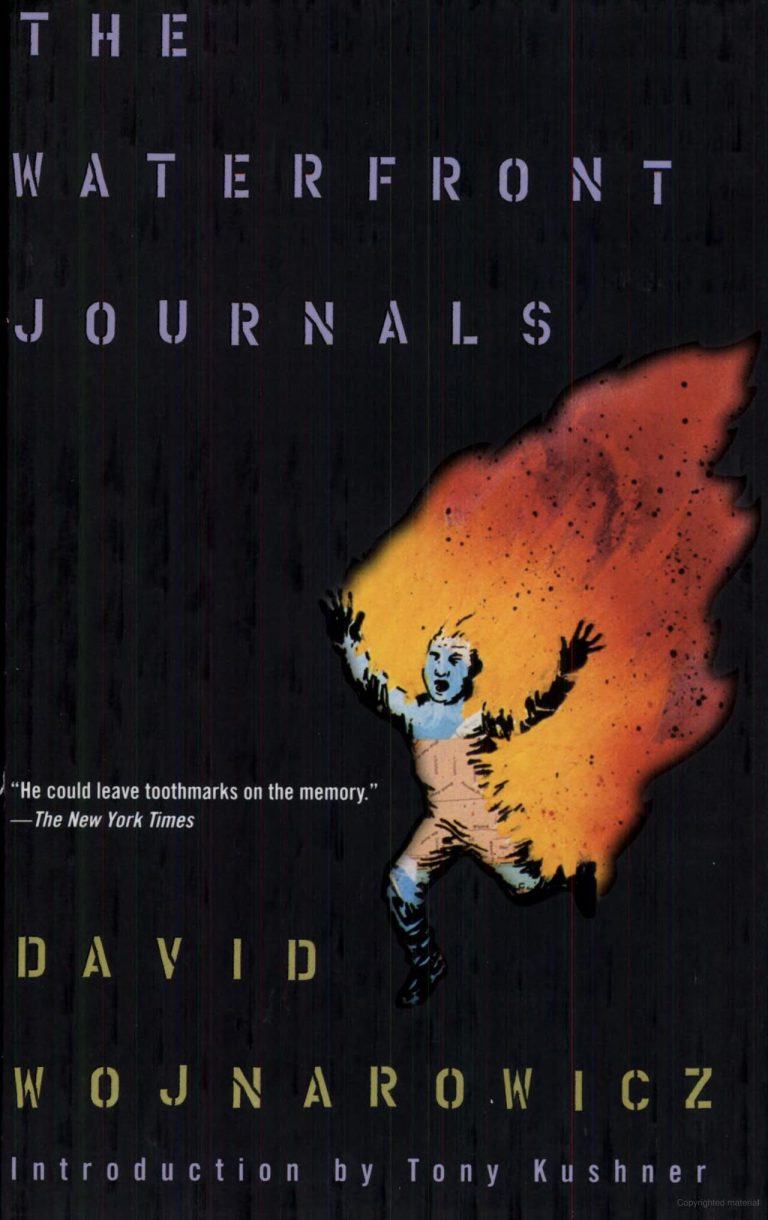
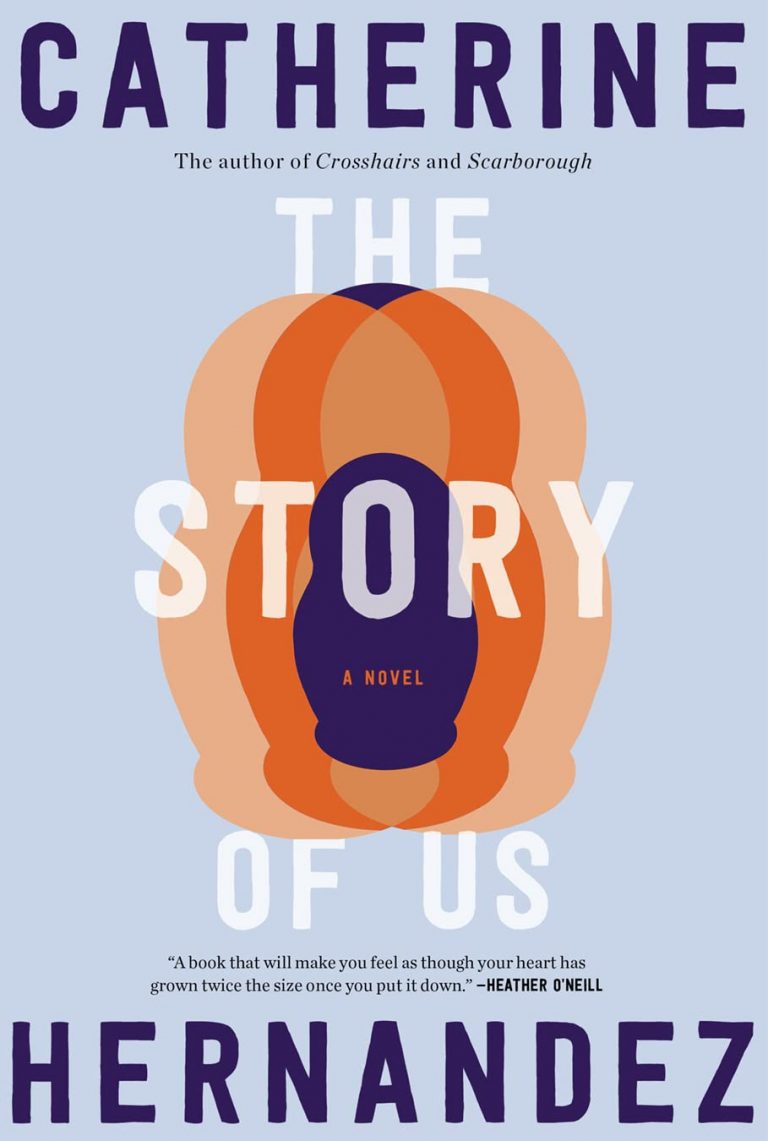
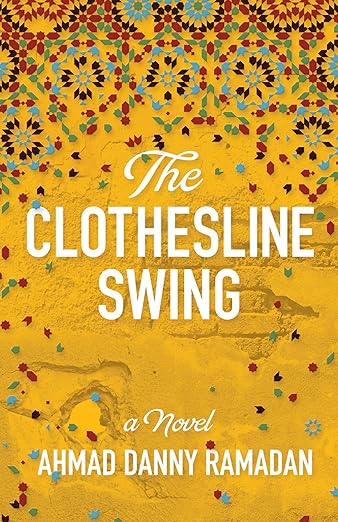
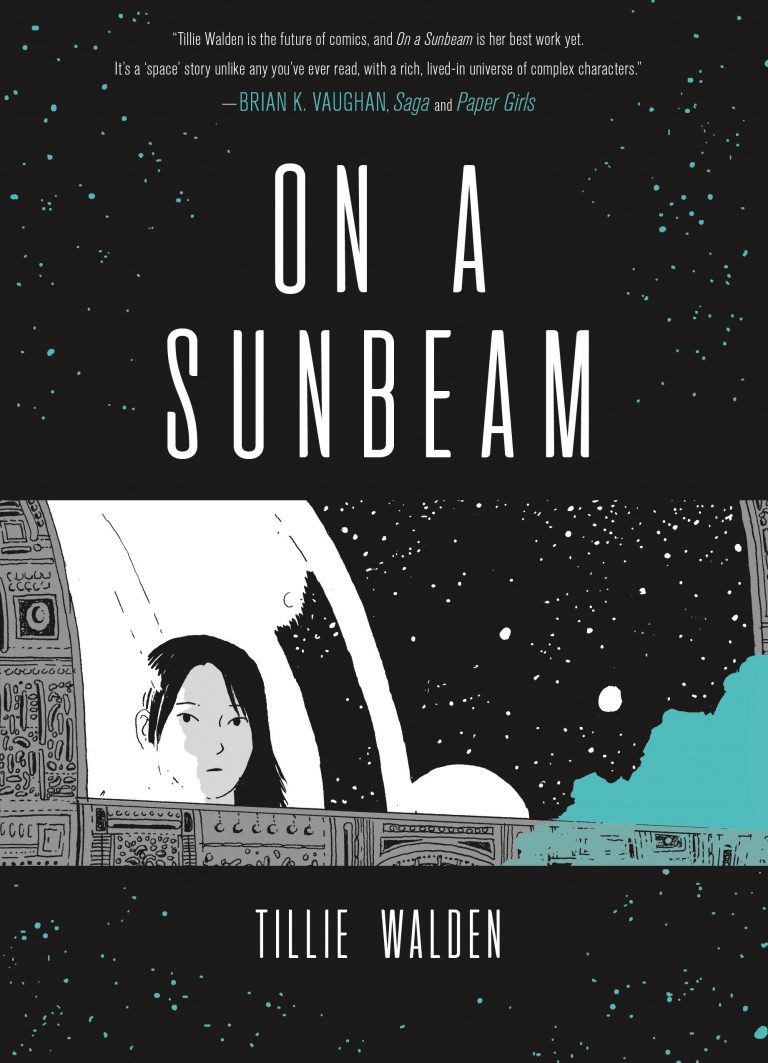
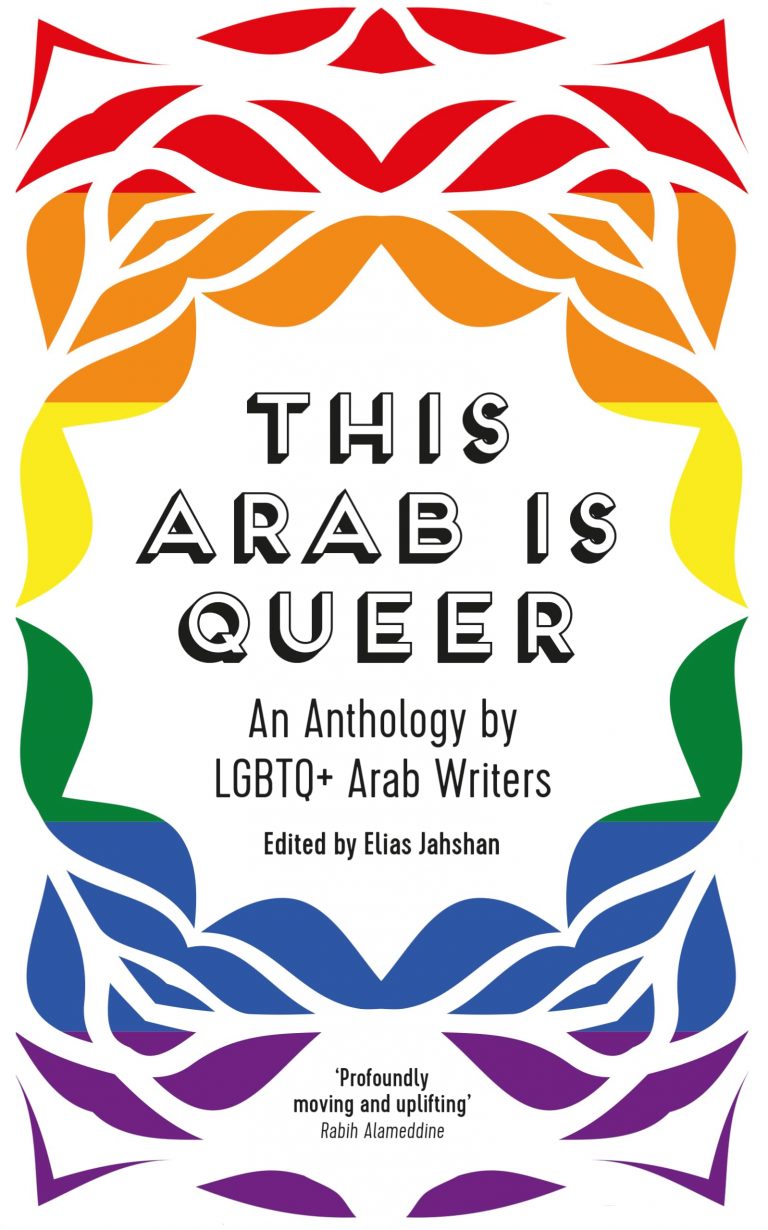
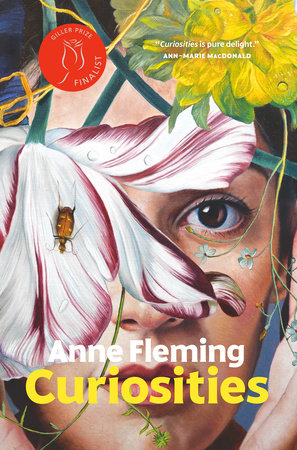
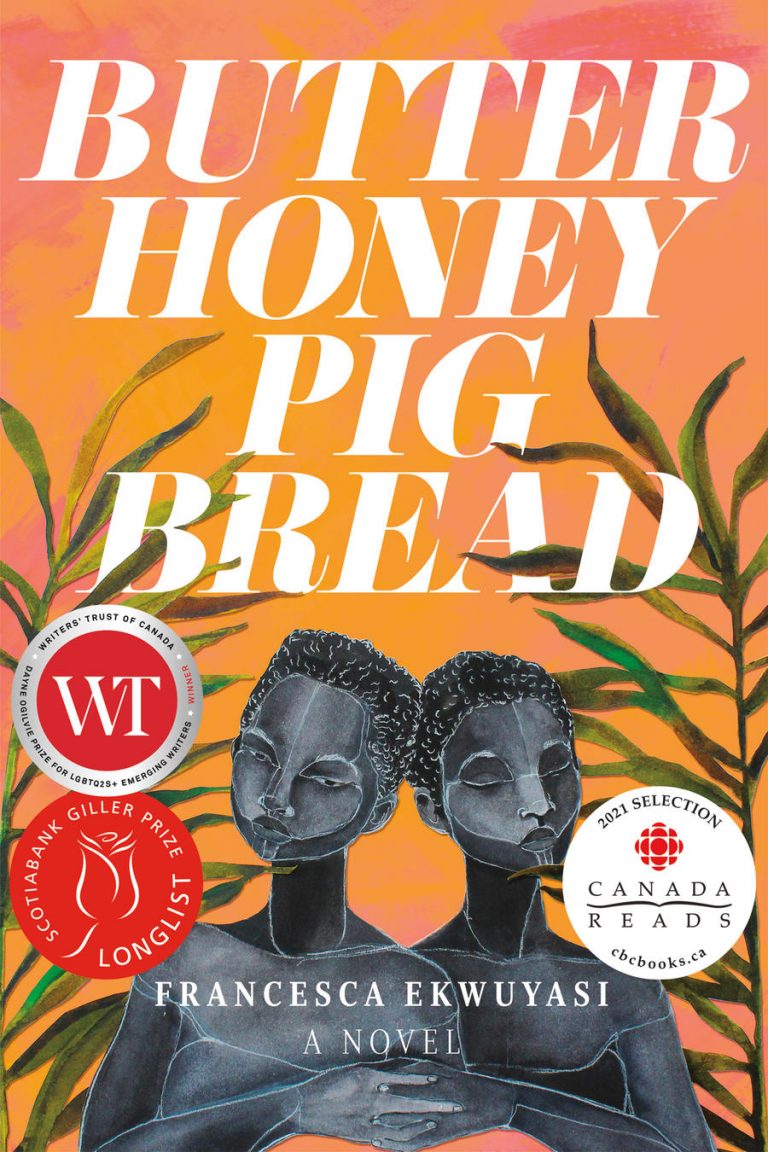
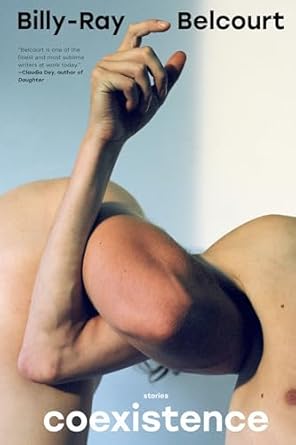




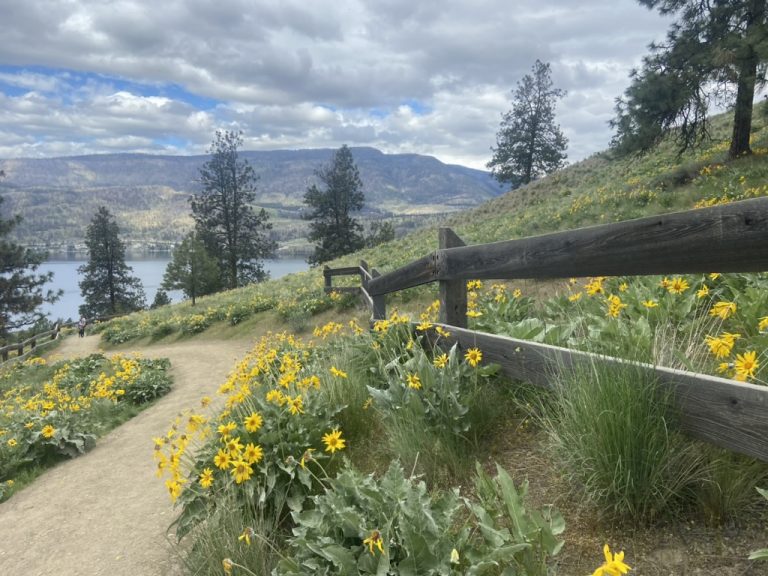
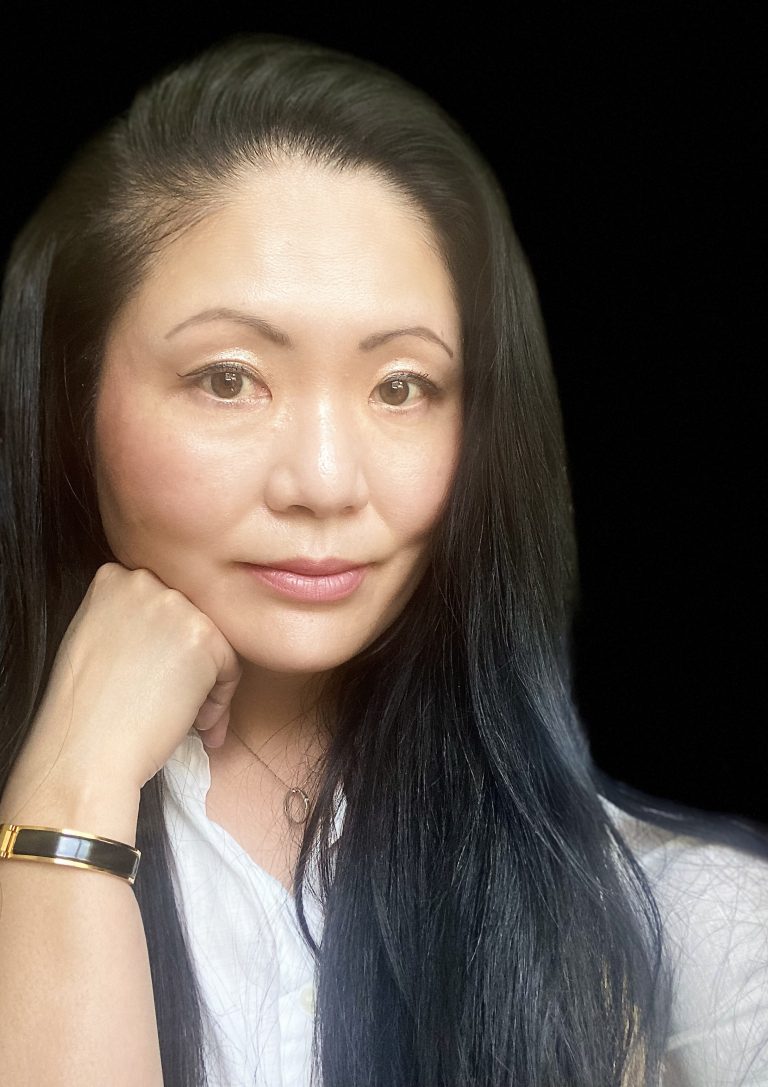

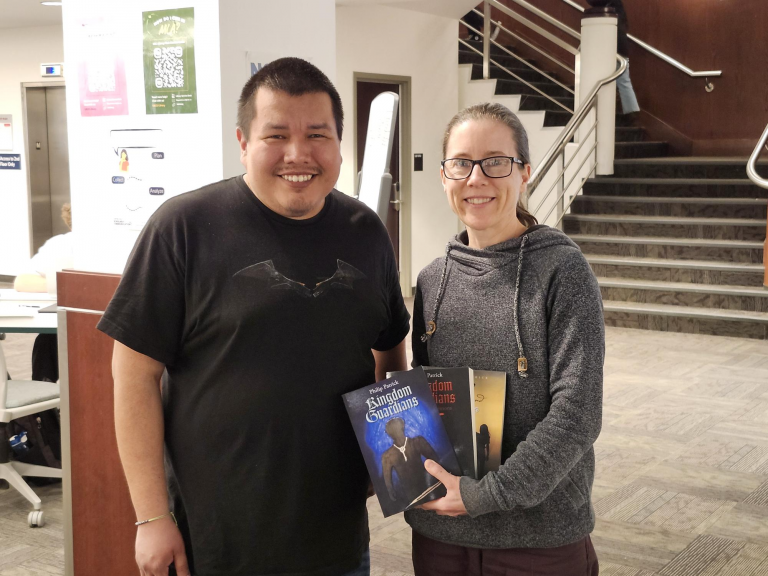
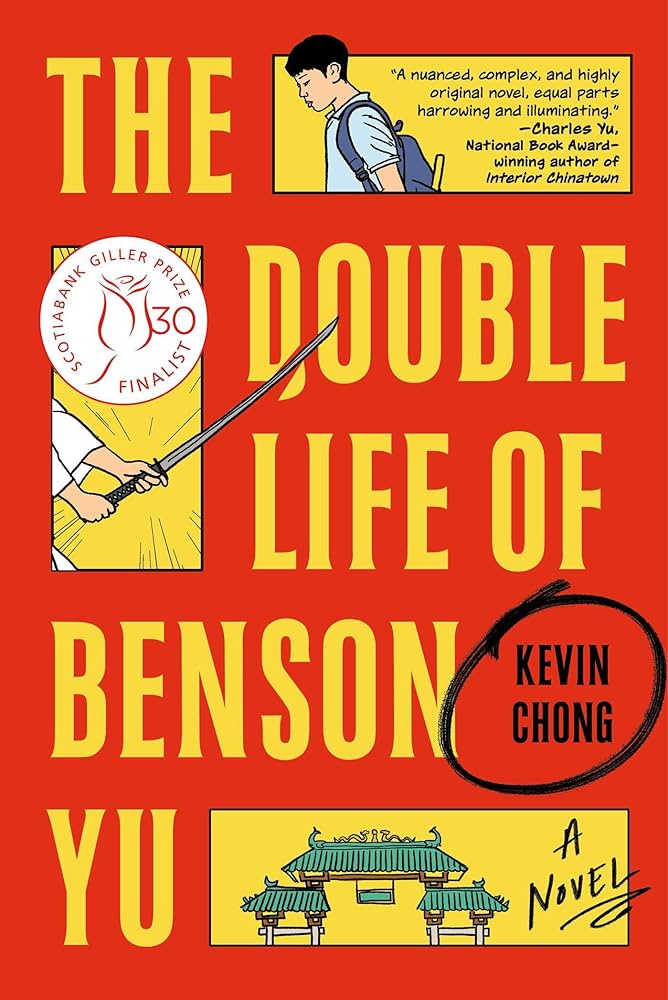
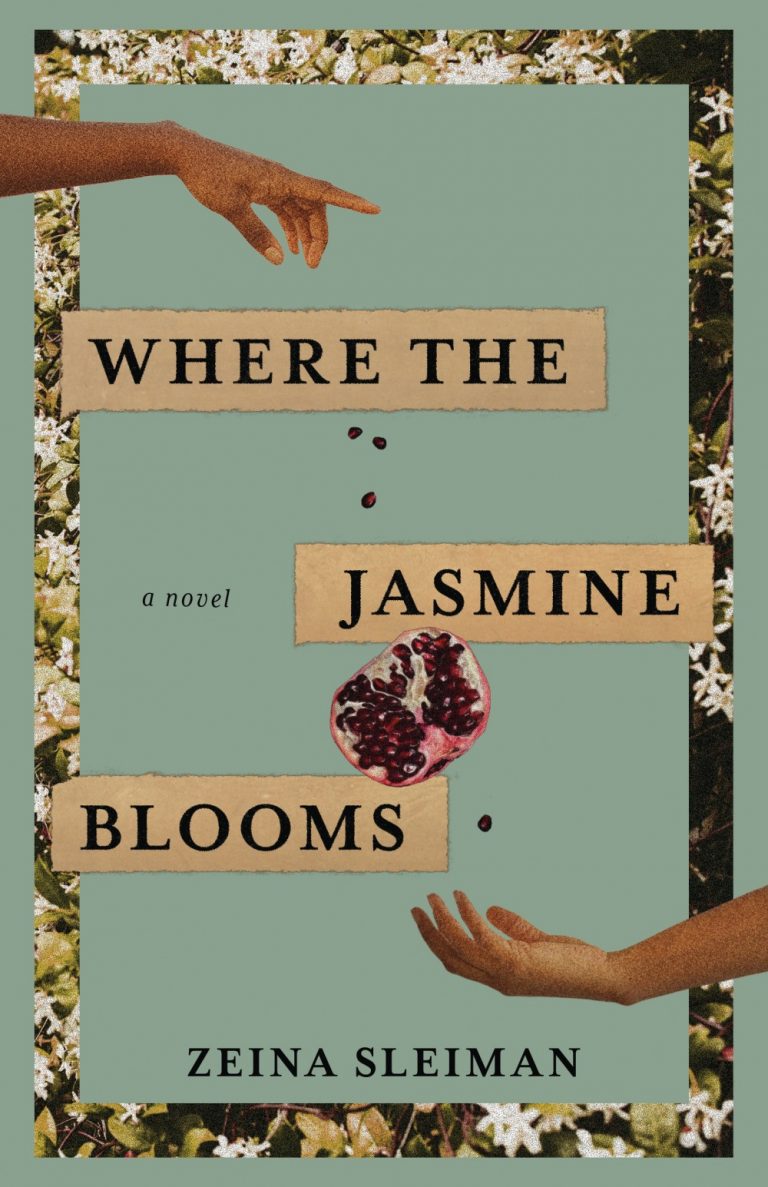
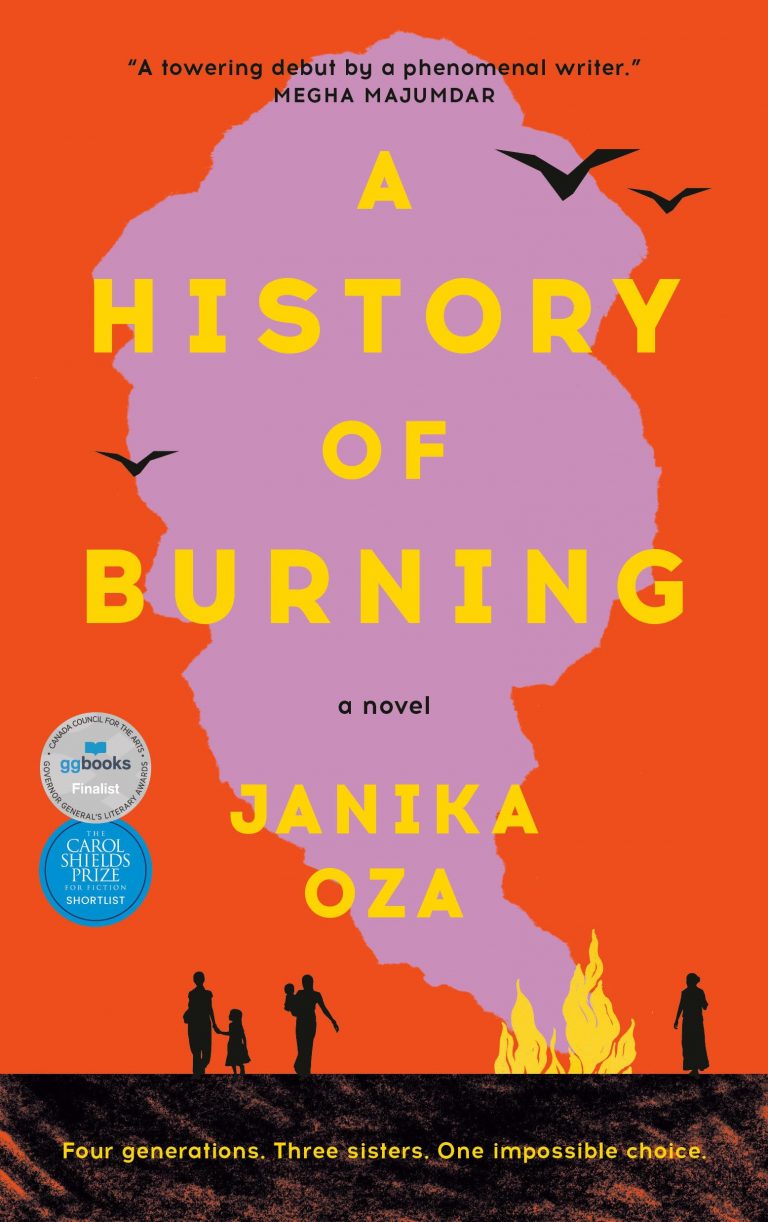
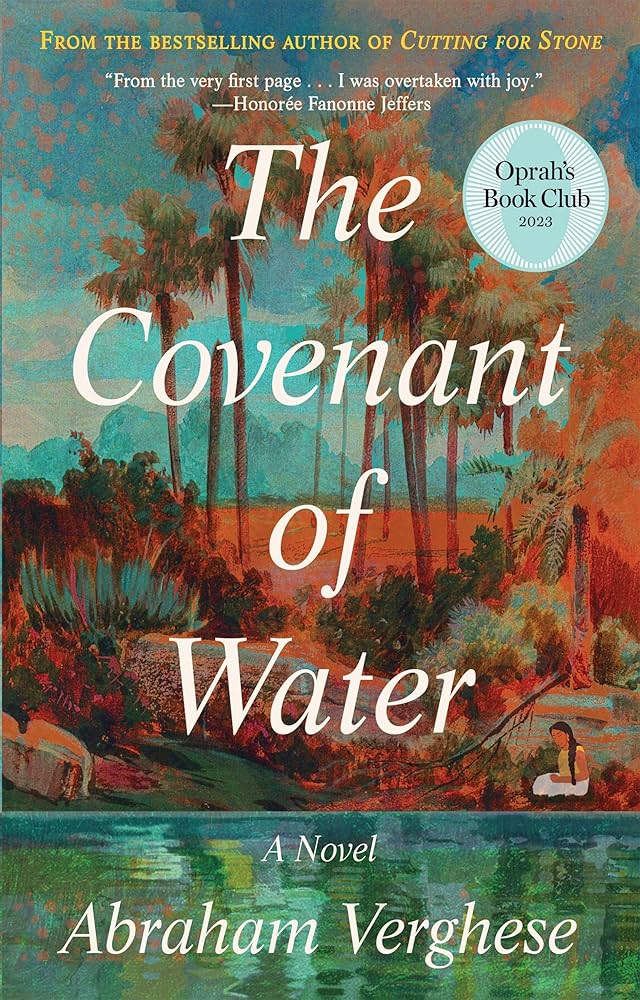
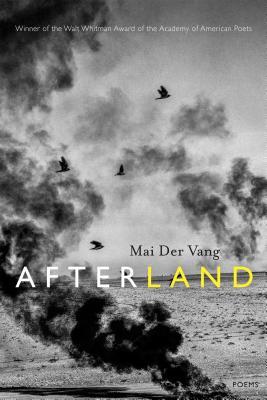
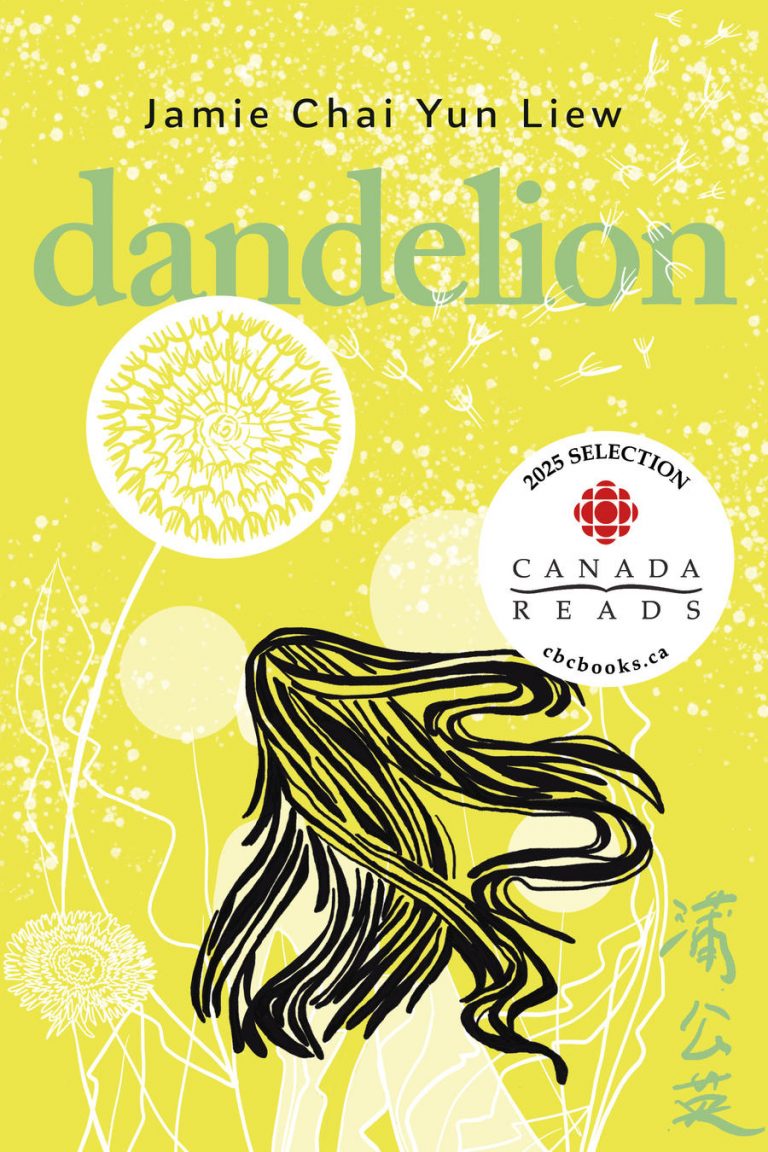
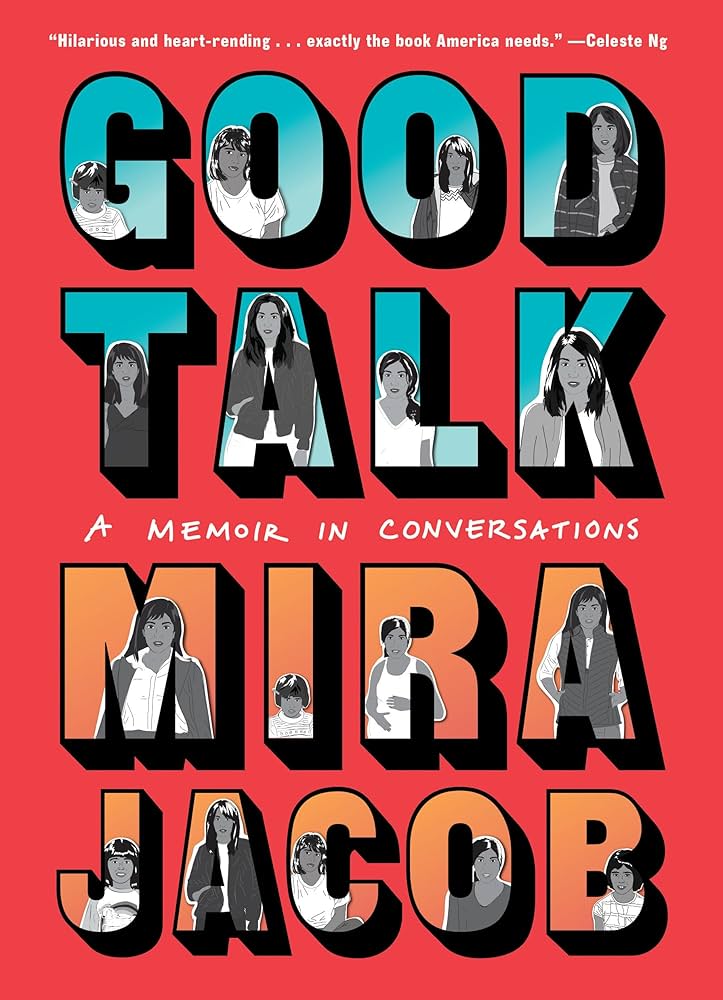
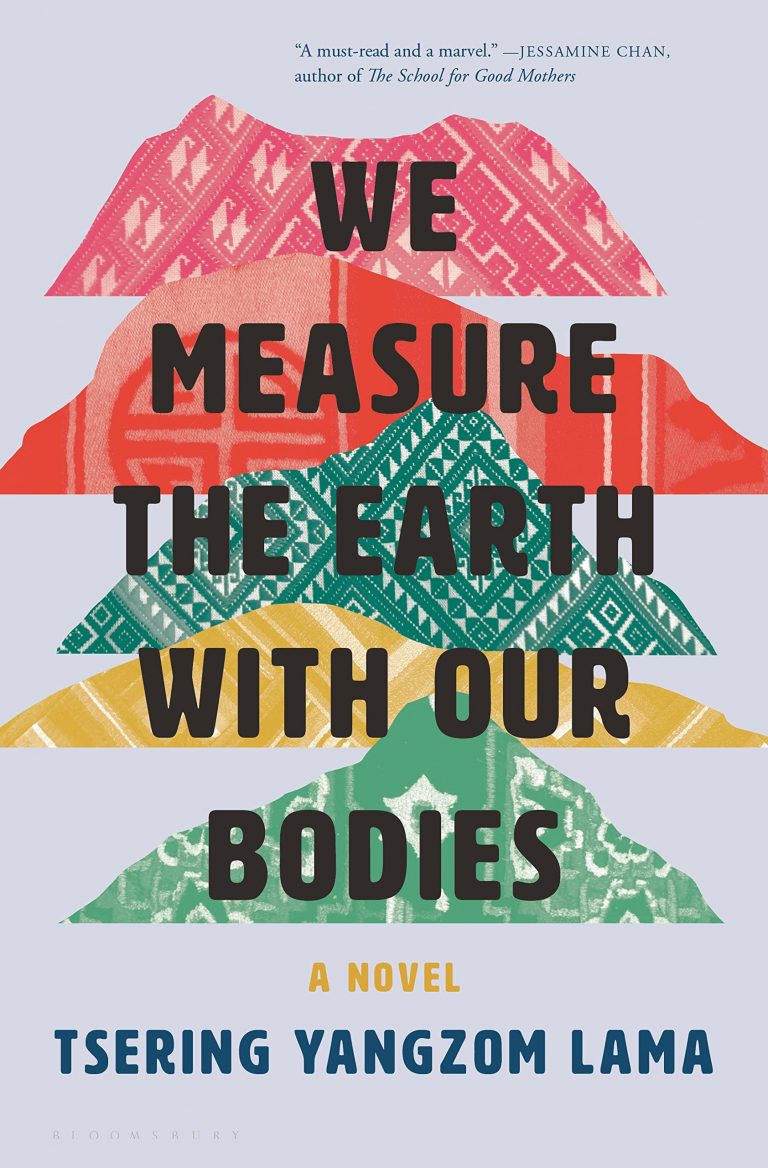
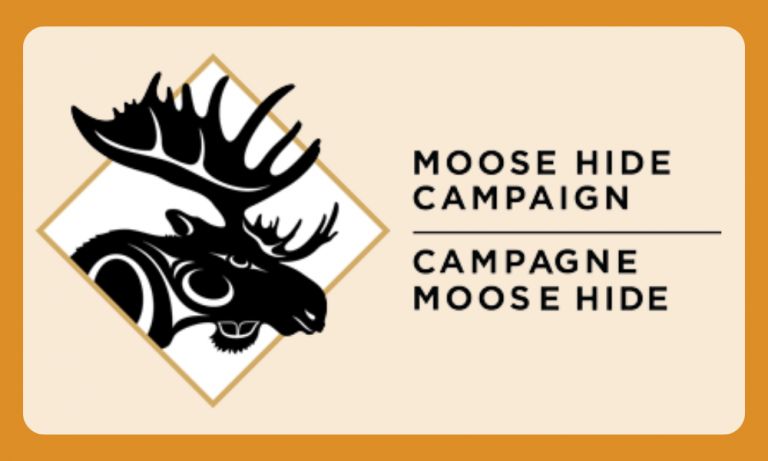
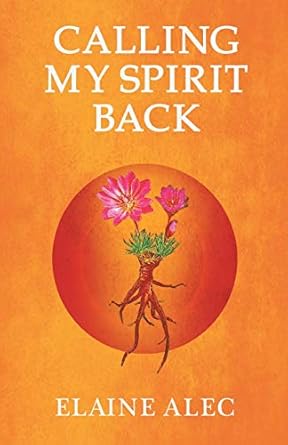
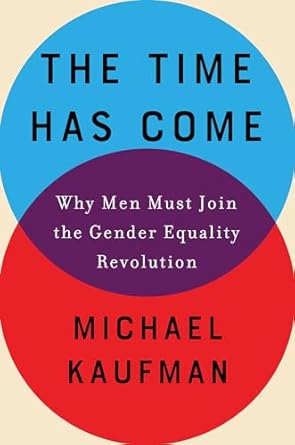

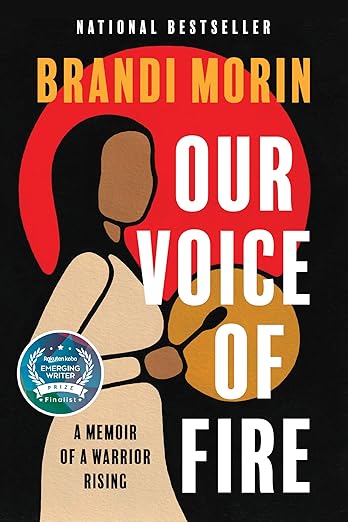
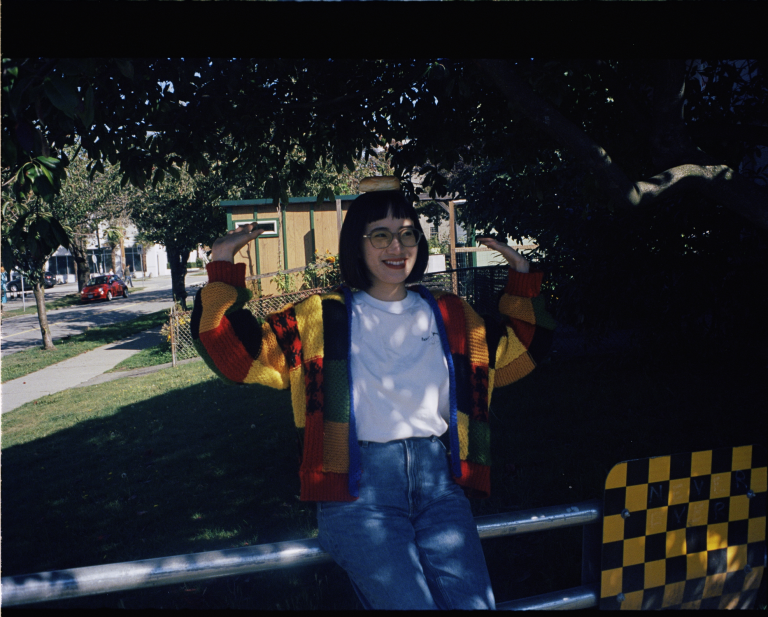
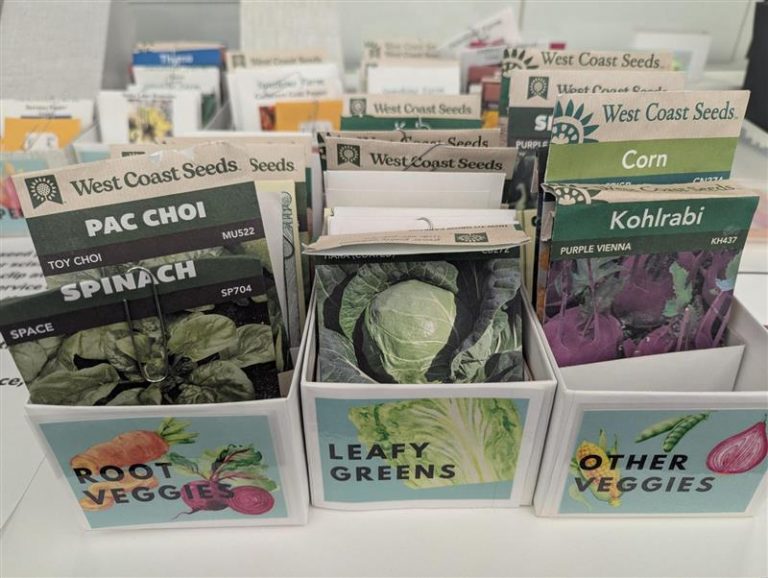
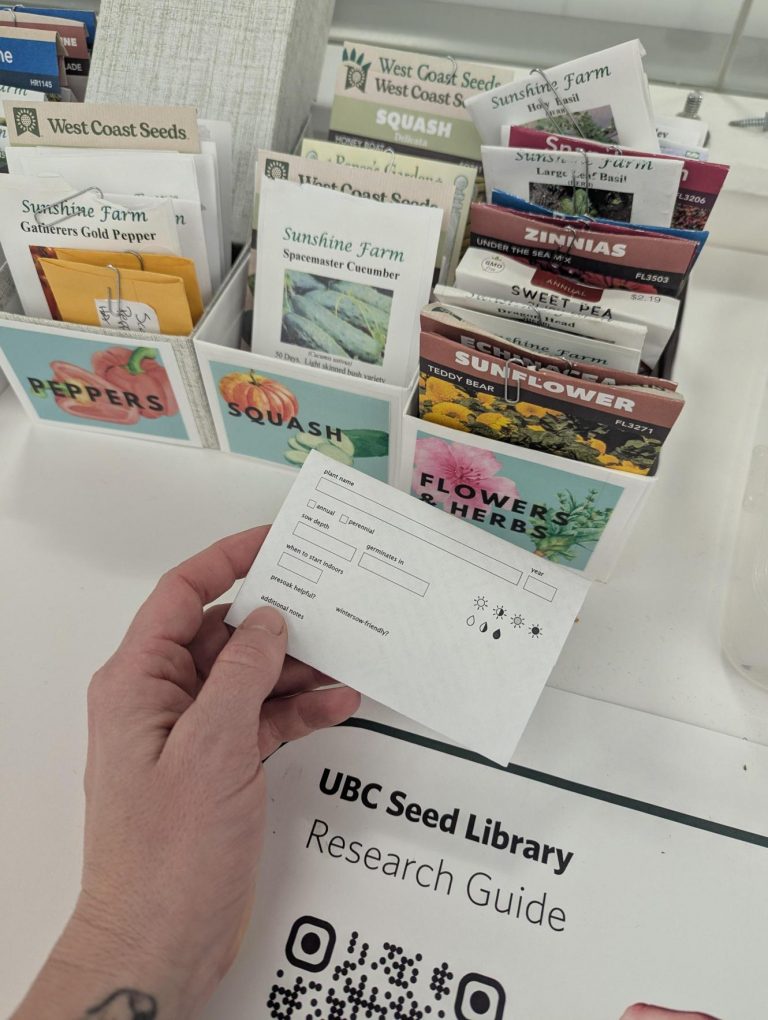 Once you are a member, here are the instructions:
Once you are a member, here are the instructions: